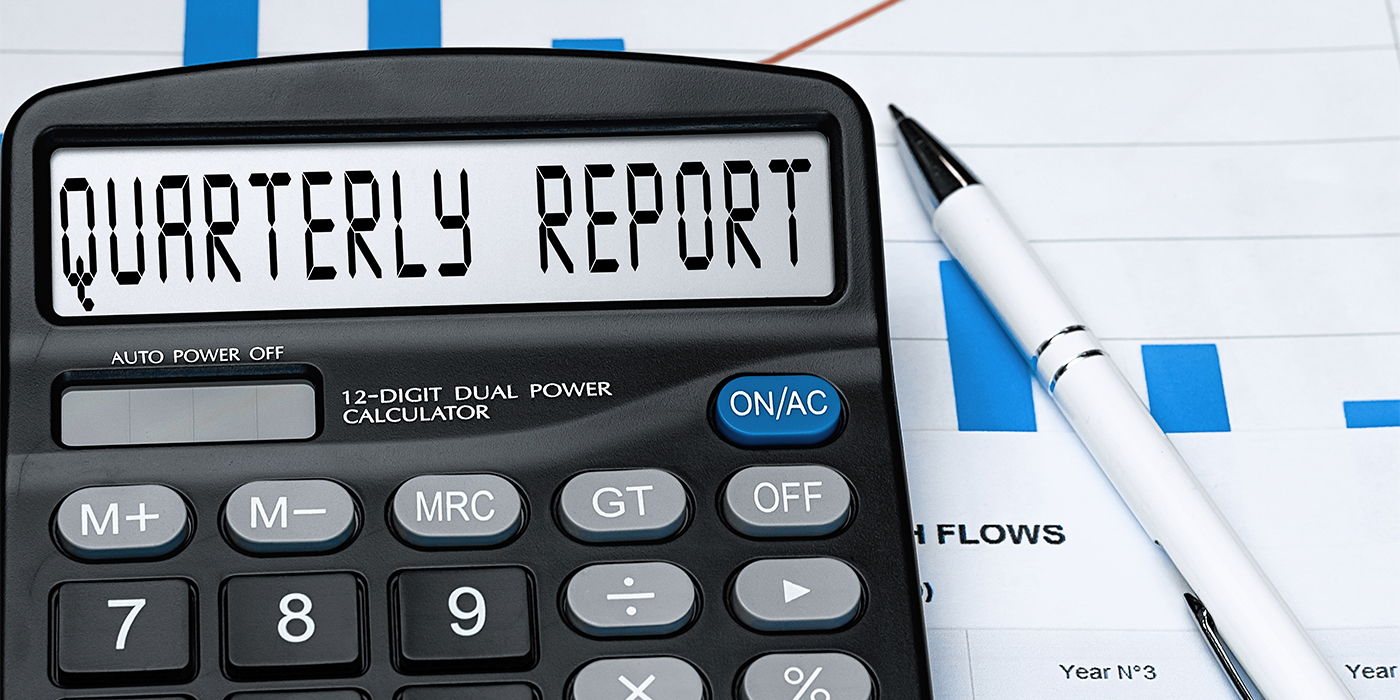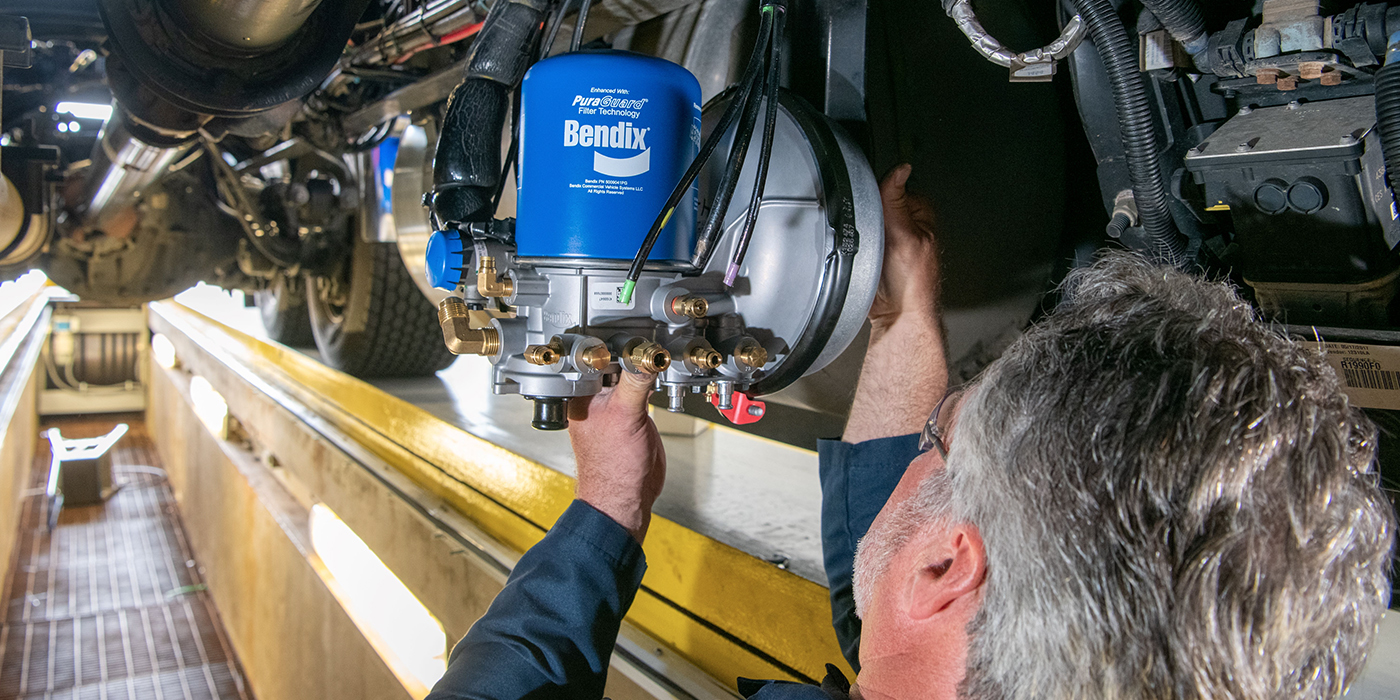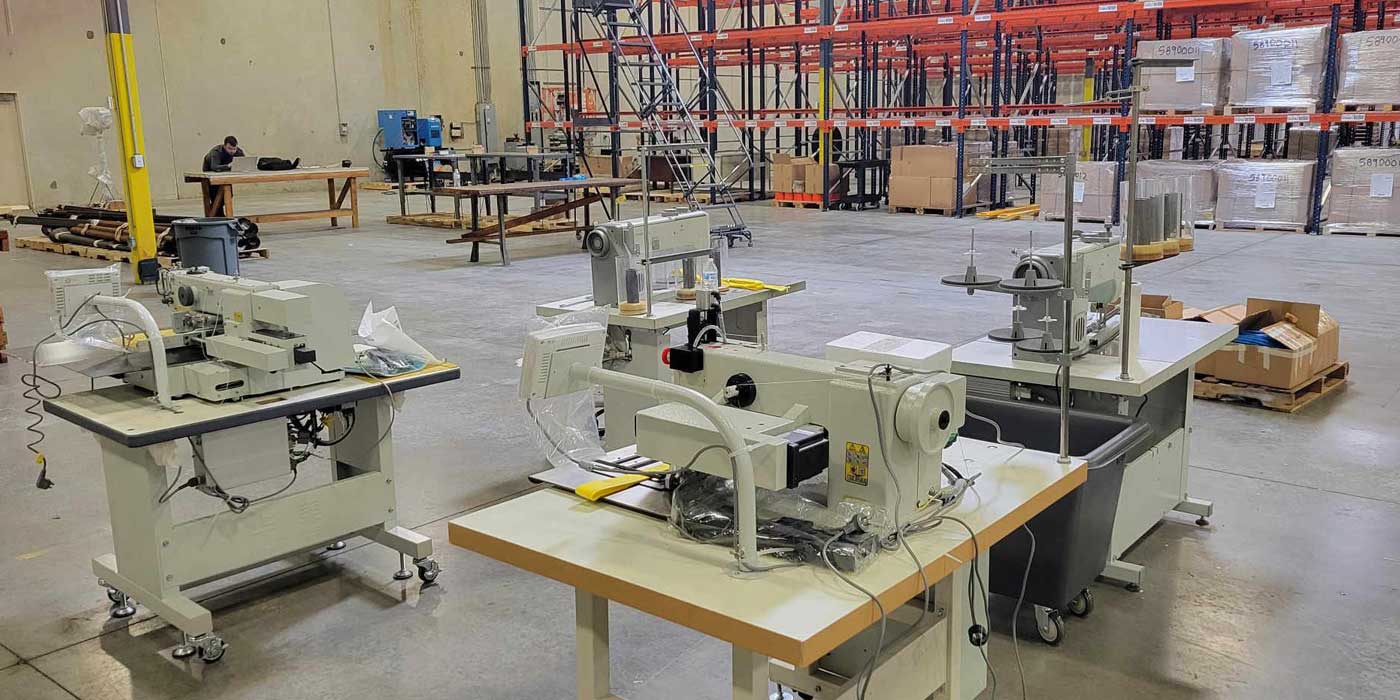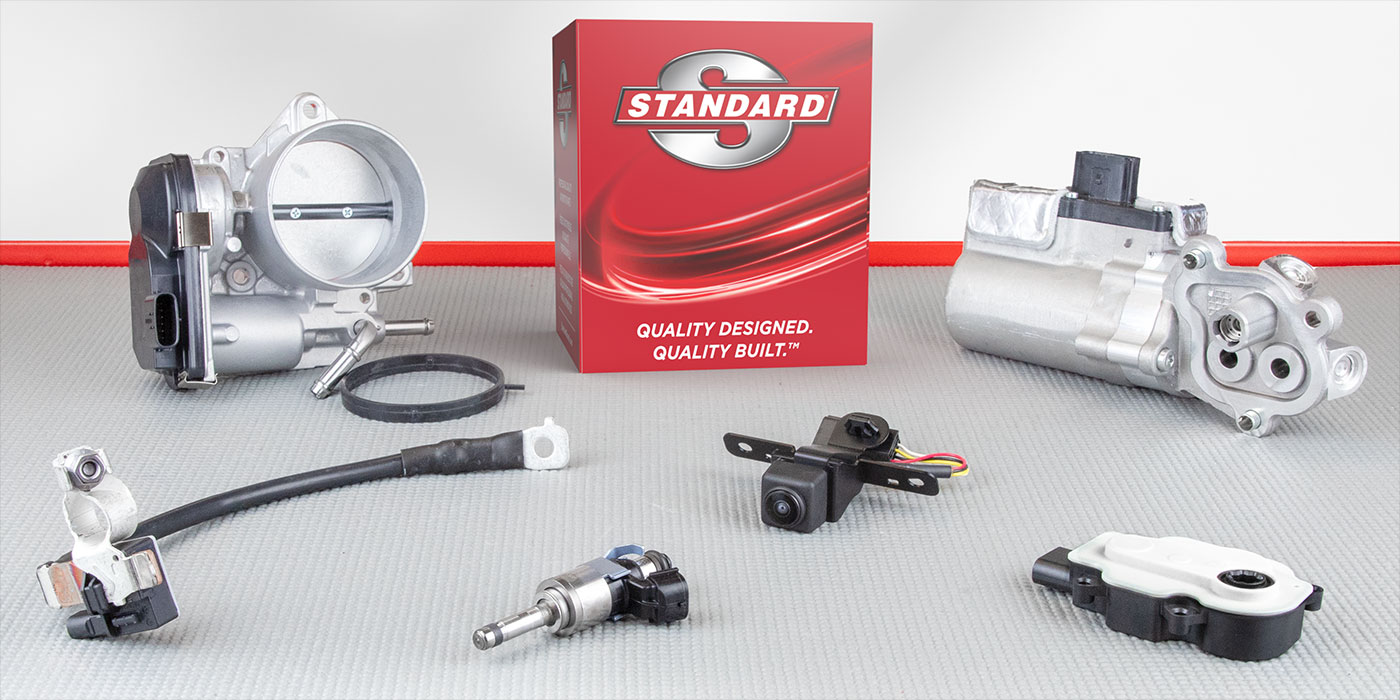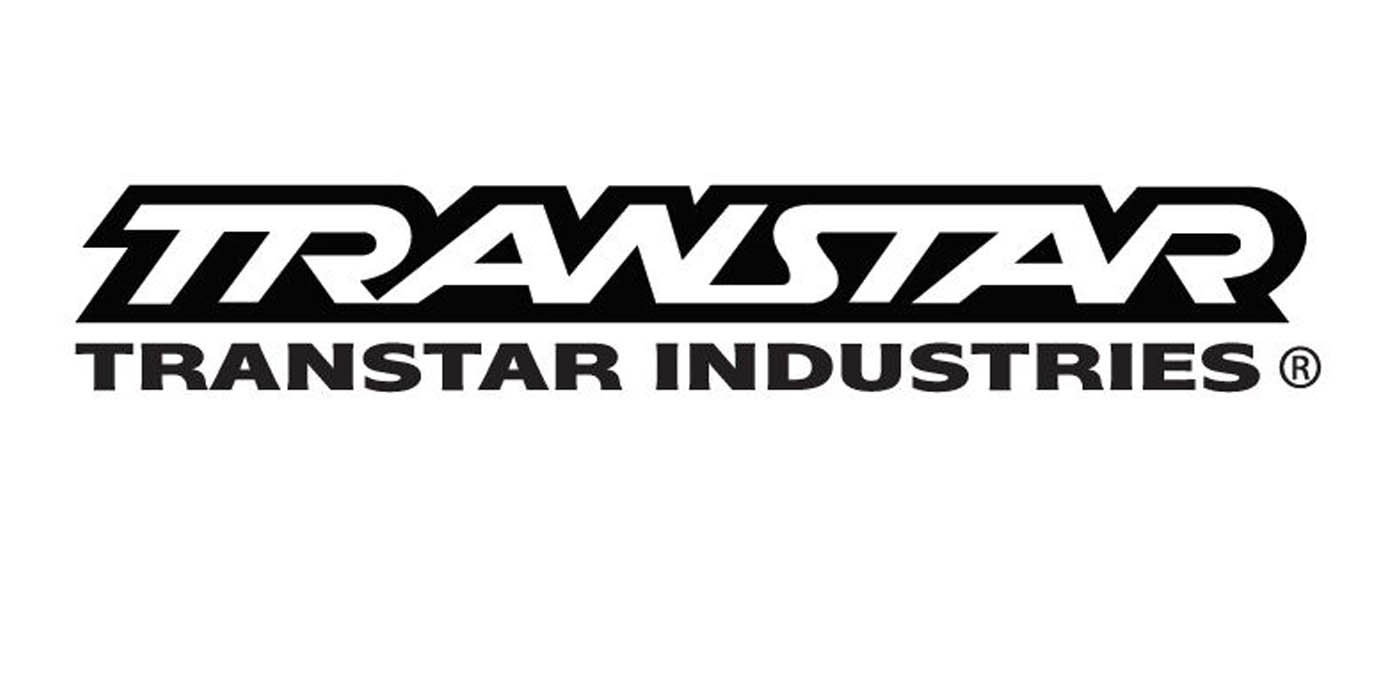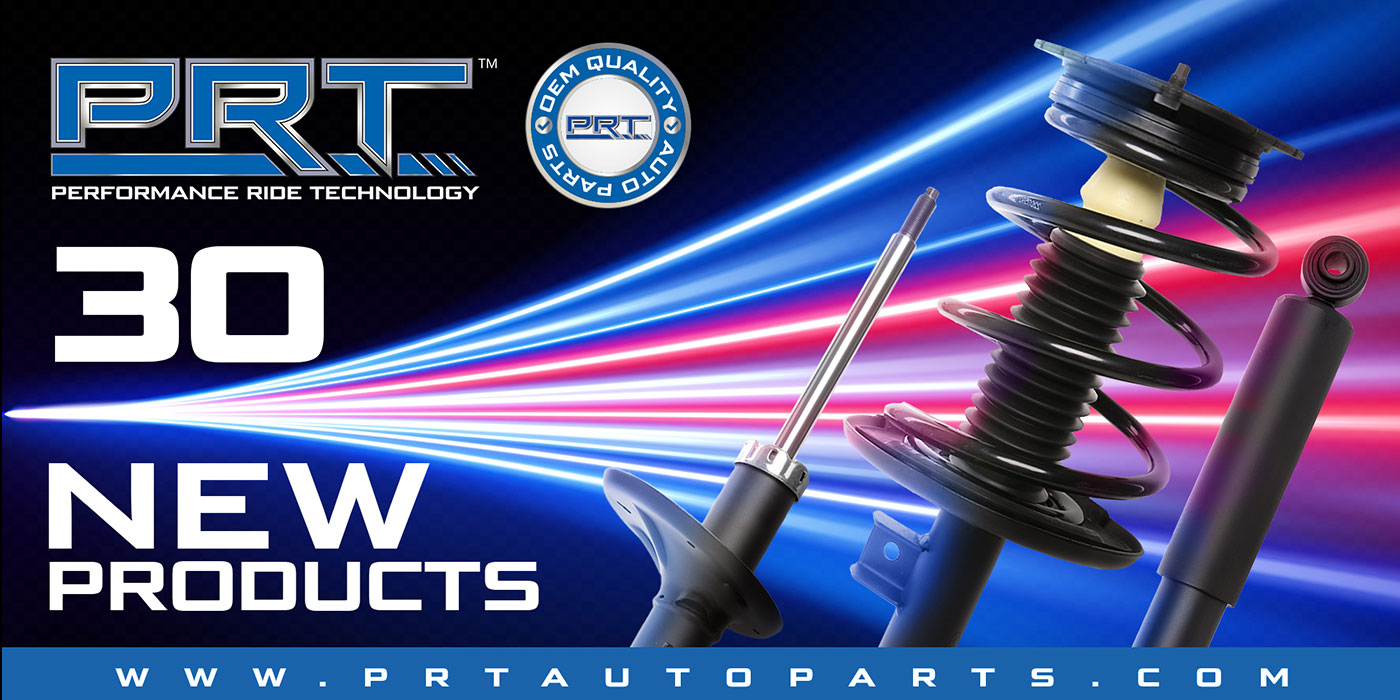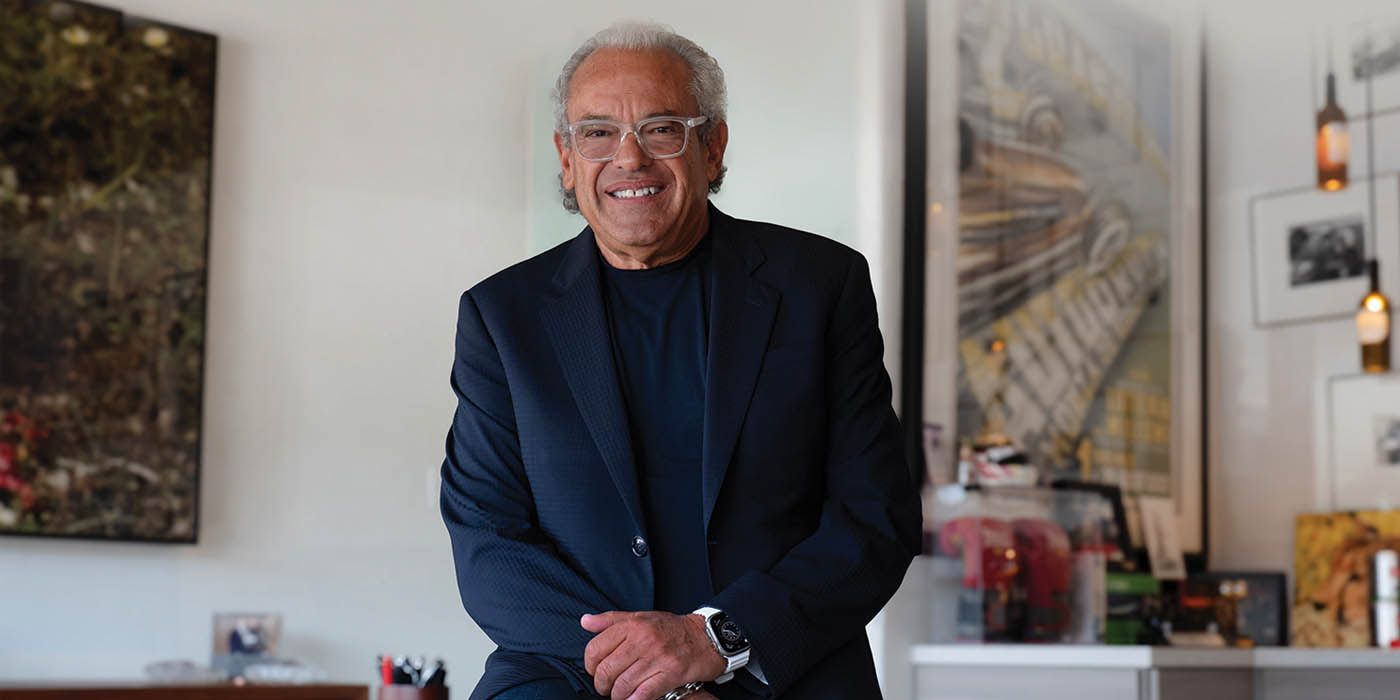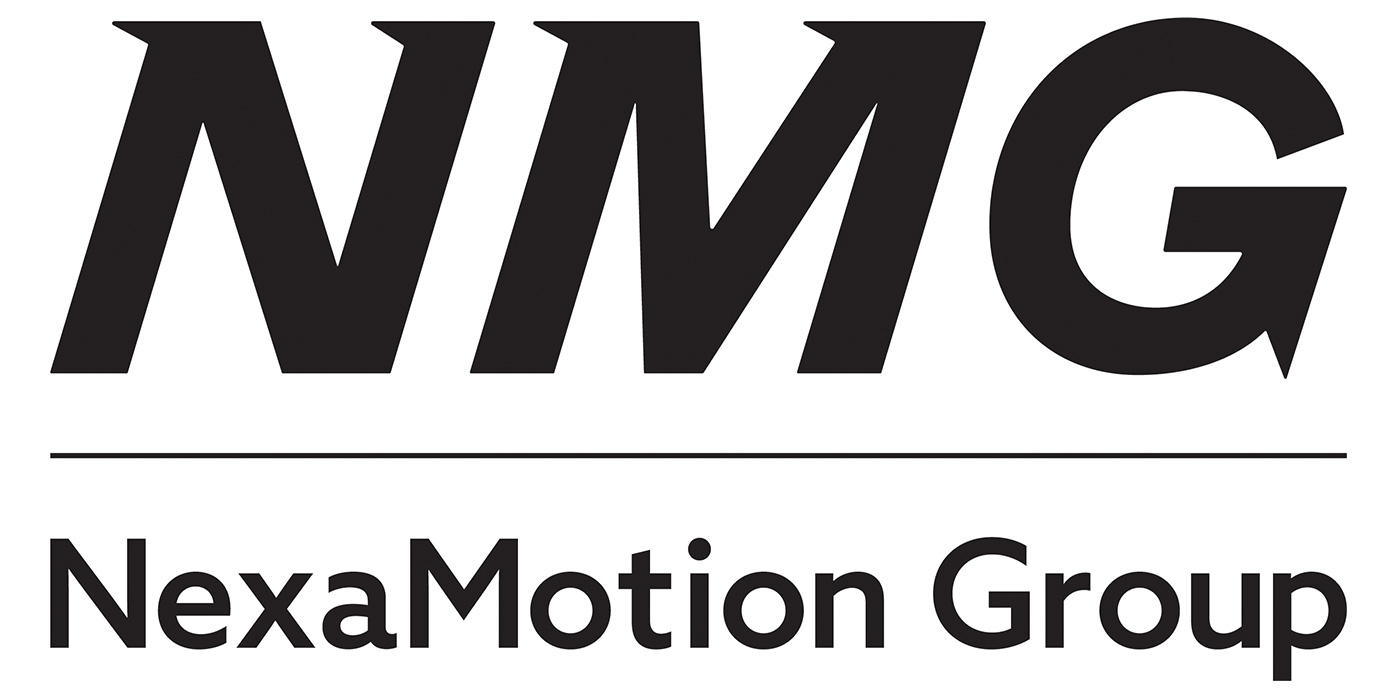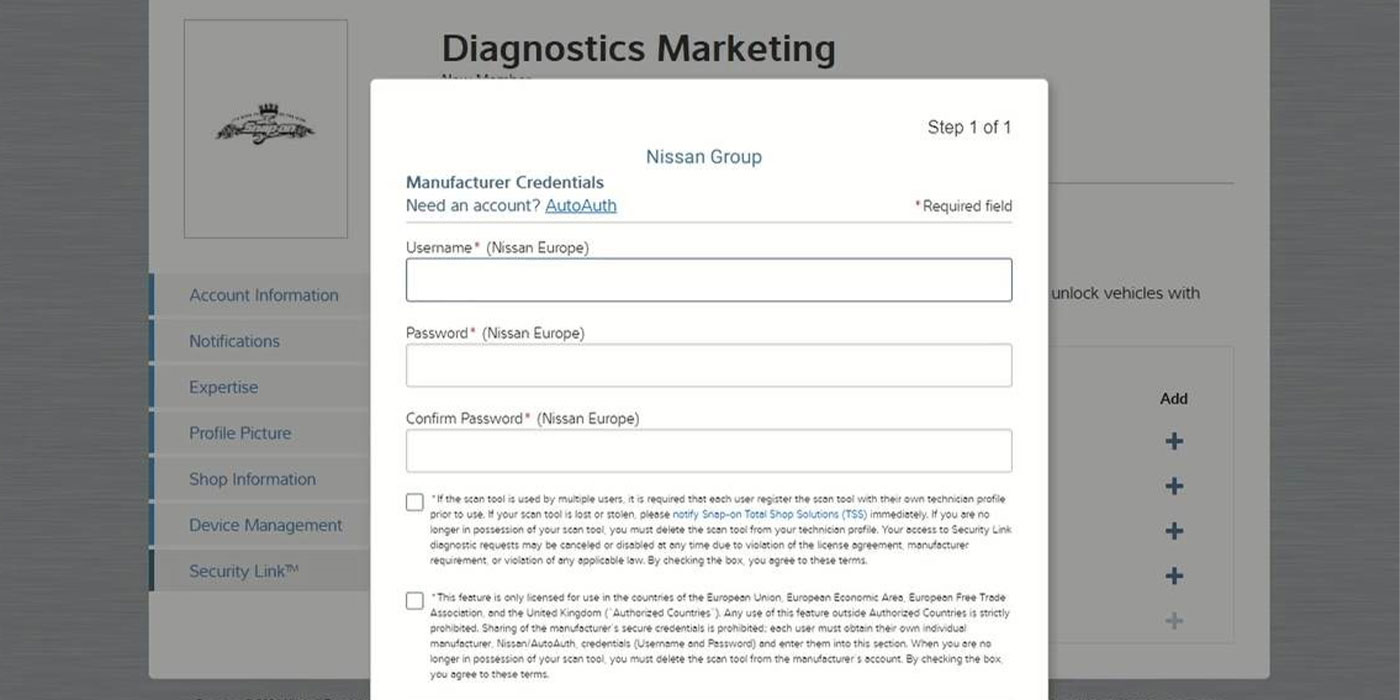by Jeffrey McCracken
Detroit Free Press Business Writer
DETROIT — On one hand, Ed Hoener is being forced to pay 30 percent more for cold-rolled steel since the start of the year.
On the other are customers who won’t accept higher prices from Hoener, or fight him for months before finally paying.
Hoener’s Langlois Corp., like a lot of auto suppliers and manufacturers in metro Detroit, is stuck between the proverbial rock and a hard place.
With prices for steel of various quality up 30 to 50 percent since October, many auto suppliers — especially the smallest ones typically called tier-two or tier-three because they are far down the chain — struggle to keep their doors open. Already burdened by a sluggish economy, overseas competition and slow-paying customers, these small suppliers say the sudden increase in steel prices could be what pushes them into bankruptcy soon.
“It’s one more nail in the coffin. Not something any of us need,” said Hoener, whose Milford, Mich.-based Langlois makes machines that make engine parts. It purchases $2,000 to $4,000 in steel a month.
“It’s tricky when you bid on a job and you get the work two weeks later, but the price for the steel you now need has jumped faster than you could have ever seen coming,” he said.
The situation reflects the complexity of the steel price crisis. Automakers like General Motors Corp. and Ford Motor Co. must offer significant discounts to attract customers, so they refuse to reimburse most of their suppliers for higher steel prices. Meanwhile, small suppliers face financial distress if they can’t pass on their rising costs.
“We have contracts with suppliers, and we expect these contracts to remain in place between us and them,” said Paul Wood, a Ford spokesman.
GM, Ford and other automakers buy steel in massive volumes and have long-term contracts that have protected them from the recent price increases. The automakers have a resale program in which they let some of their largest suppliers or key stamping suppliers buy steel from them at a discount.
Smaller suppliers or those that aren’t already part of the steel resale program are out of luck and eventually could be out of business.
Last week Federal Forge Inc., a Lansing-based auto-spring supplier, filed for bankruptcy and blamed rising steel prices, Automotive News reported.
That could be just the first of many, say auto-supplier experts. Eventually one could go down and interrupt vehicle production, which would quickly cost an automaker millions of dollars.
“Margins are already so thin for suppliers that a big spike like this in steel or any spike in any cost like health care puts them into serious disarray,” said Jim Gillette, director of supplier analysis for CSM Worldwide, a Novi, Mich.-based auto-research firm.
“Most suppliers I know of are getting pinched and can’t pass it along to automakers,” said Gillette, who has studied steel prices since World War II. He said this steel-price increase is the worst since the recession of the early 1970s.
Prices for hot-rolled steel, a lower-grade steel used on parts under the hood and elsewhere that aren’t seen, jumped about 20 percent from $420 per ton in February to $500 per ton in March. Cold-rolled steel, used on parts such as bumpers, jumped from $480 to $580 in the same period.
One owner of a local auto-parts supplier, who asked not to be named to avoid angering his customers, said GM and others are “willing to give you some wiggle room now, but they’ll make you pay for it later, which means they’ll pull the business from you down the road.”
The U.S. auto industry — from automakers to their suppliers — purchases about 22 million tons of a steel a year, the American Iron and Steel Institute says. GM buys about 4.5 million tons a year worldwide, which the automaker says makes it the world’s largest steel consumer.
U.S. steelmakers sell about 108 million tons of steel a year. Another 20 million or more tons comes from overseas.
Steel prices have risen for a variety of factors, say auto and steel experts. They point to a rise in prices for coal and coke, raw materials needed to make steel. A massive fire in late 2003 knocked out the Pinnacle Mine in West Virginia, one of the largest coke producers in the country.
Meanwhile, China’s economic growth, much of it due to a construction boom in advance of the Beijing Olympics in 2008, is boosting the worldwide demand for steel, allowing steelmakers to raise their prices.
China has cut back on its production of coke and coal due to fears the old machines used in China to make those raw materials damage its environment.
The steel situation came to a head in Detroit in the last month.
GM filed lawsuits against two suppliers — Troy-based Textron Fastening Systems and Ft. Wayne, Ind.-based Steel Dynamics Inc. — to force them to keep providing parts and products to the automaker at previously agreed upon prices that don’t reflect the steel-price increases. Textron threatened to quit providing fasteners to GM.
Delphi Corp. meanwhile had to settle a steel-pricing squabble with Republic Engineered Products of Fairlawn, Ohio, which threatened to stop shipping steel parts unless Delphi paid more for them.
“I think this will be the biggest issue for suppliers all year long,” said Craig Fitzgerald, a partner with the Southfield consulting firm of Plante & Moran.
“If it continues we will see small tier-three suppliers going down and then that cascading into shutdowns for the industry. We’re surveying suppliers right now, and many of them are saying that in two months they will have a hard time keeping open.”
_______________________________________
Click here to view the rest of today’s headlines.

